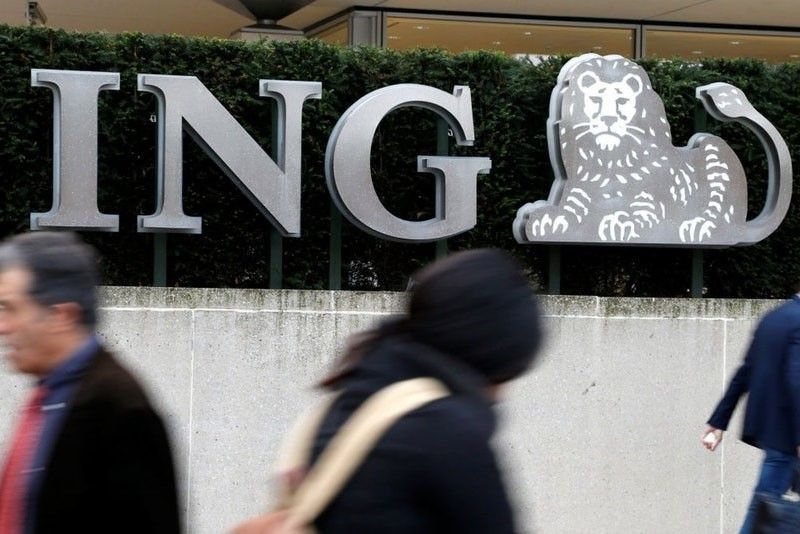ING Bank pushes sustainable finance

MANILA, Philippines — Dutch giant ING Bank urged financial institutions and corporations to issue more green and social bonds, and to consider other sustainable financing solutions such as green loans.
At the recent Green Financing Forum organized by the Financial Executives Institute of the Philippines (FINEX), Herry Cho, head of Sustainable Finance for Asia Pacific, said sustainable finance emerges as one of the ways to go forward with the battle against climate change now being waged on a global scale.
“Global efforts to address climate change are becoming more sophisticated. Sustainable strategy is no longer a ‘nice to have,’ but a necessity and competitive advantage,” Cho said.
Sustainable finance is a form of financial service that integrates environmental, social, and governance considerations into business decisions. While investors traditionally focus on companies’ financial metrics, they now look at environmental and social issues that can affect communities and the world at large.
She said green bonds remain a small proportion of the overall capital markets, but are fast growing and continue to diversify.
“These financial instruments gained traction in emerging markets led by China only since 2016, with a 78 percent overall growth in 2017. But they are already well-positioned in funding eco-friendly projects in developed nations, such as renewable energy, sustainable buildings, and clean transportation,” she added.
ING Bank Philippines country manager Hans Sicat said banks have a major role in supporting sustainable development by facilitating and financing clients’ shift to sustainability.
“Most Philippine corporates are not familiar with the framework of sustainable finance and the benefits it can bring. But through our conversations and engagement with our clients, we hope sustainable finance can become a mainstream model,” Sicat said.
Sustainable investment proves critical in meeting the United Nations’ Sustainable Development Goals (SDGs) for 2030, targeting better health and education, more liveable cities, and poverty and hunger alleviation.
More and more global financial giants use the SDGs as their compass in financing climate-friendly investments, putting emphasis on responsible finance to bolster climate, social, and financial resilience.
In the Philippine private sector, the Department of Energy estimates $600 million in investments are needed to achieve Philippine energy efficiency targets for year 2020, as well as $34 billion to meet the country’s 2030 targets for renewable energy installation.
Green projects that banks can support are in diverse industries such as low-carbon energy, buildings, transport, water, waste and pollution, as well as land use and adaptation.
- Latest
- Trending
































